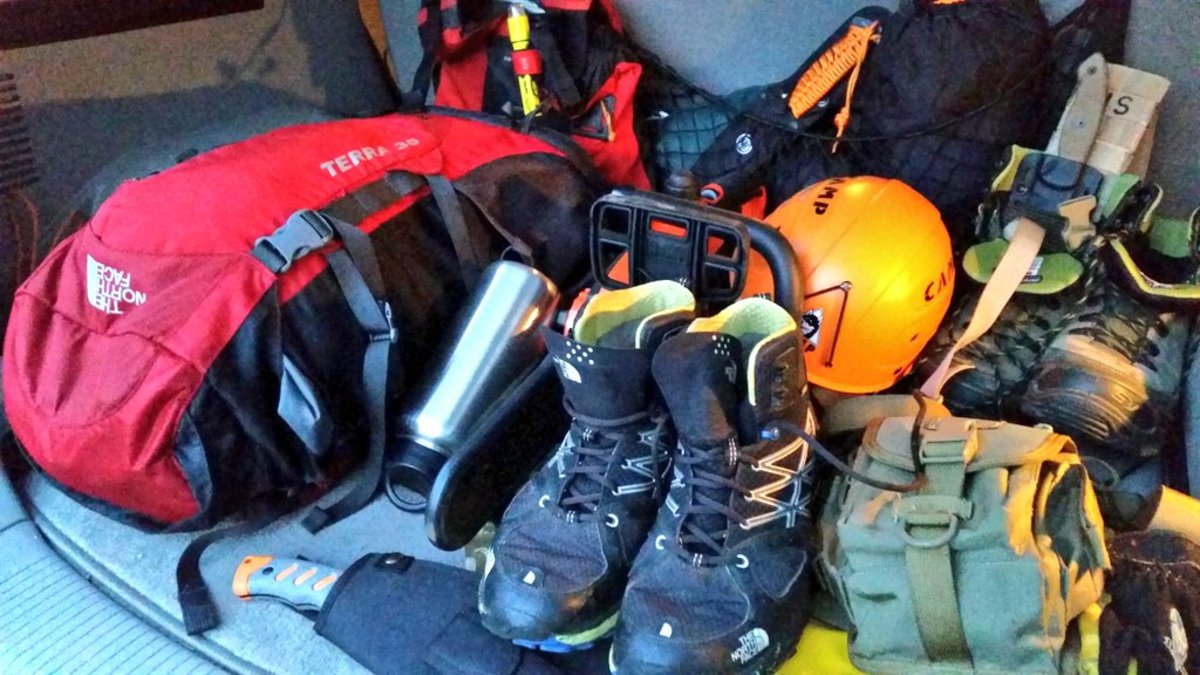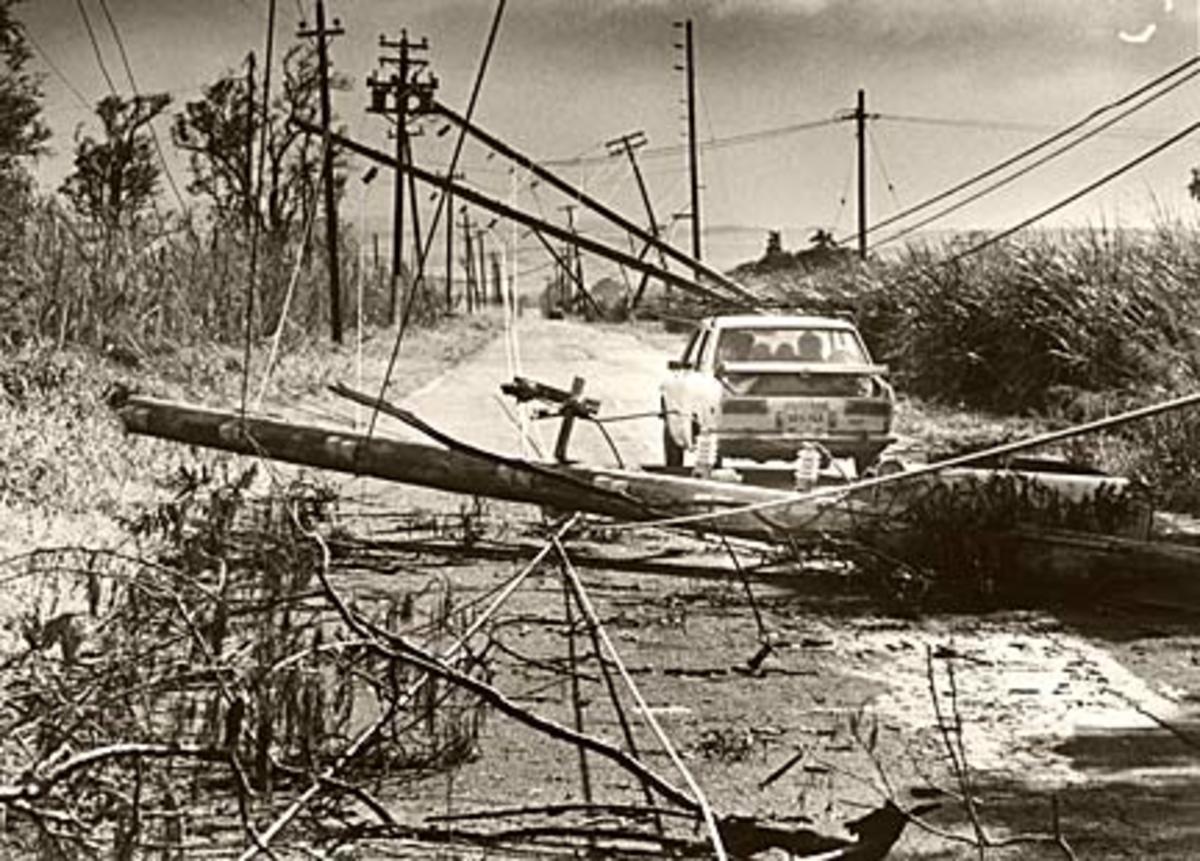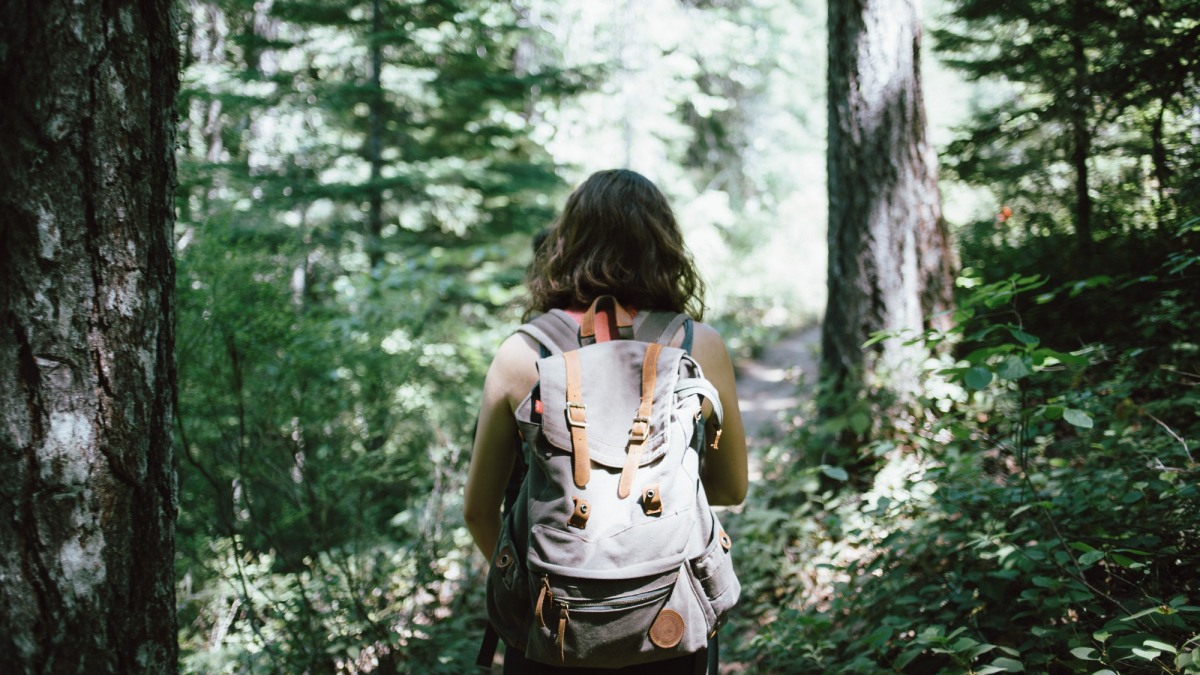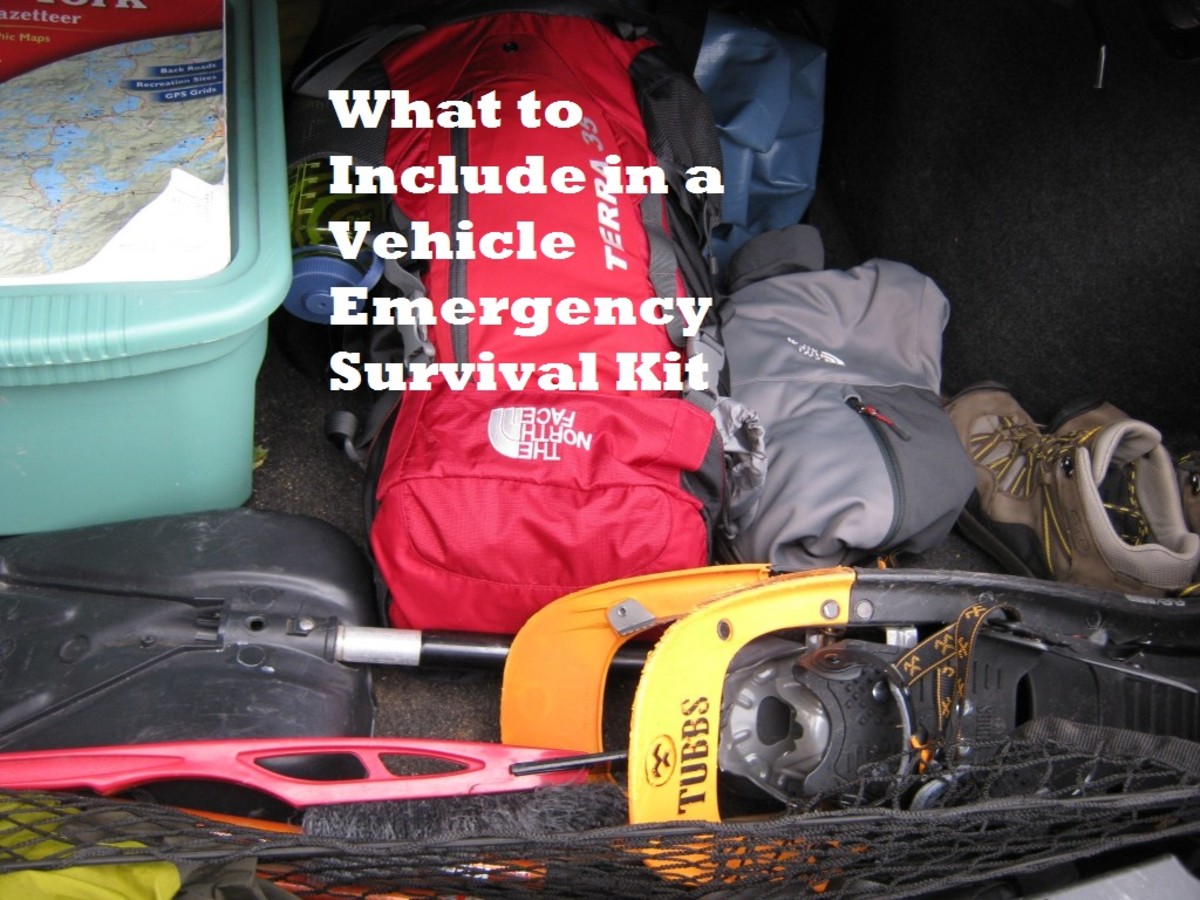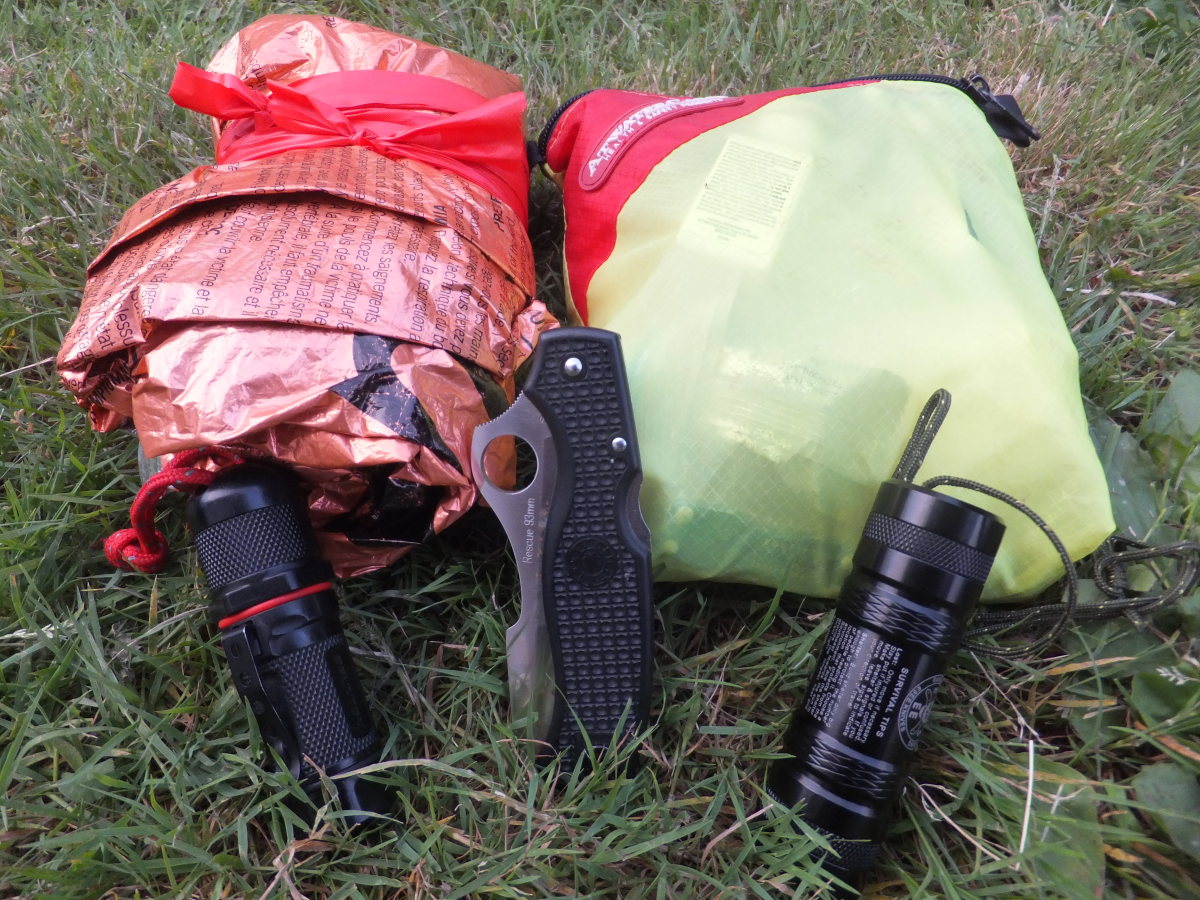Survivalism Is Being Prepared
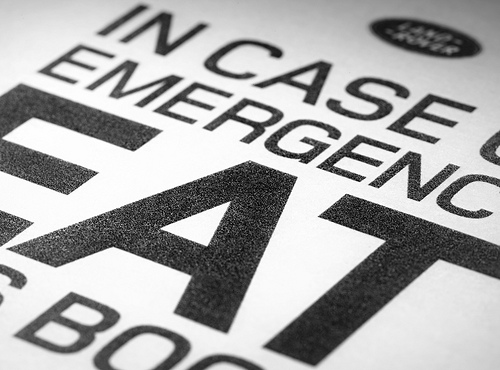
Have You Ever Heard of Survivalism?
When you talk about survivalism or prepping many people automatically think of some back woods people waiting for the world to end. In reality, at its core, its about exactly what it implies, surviving.
If your job is working on a cruise ship then your training focus might be survival at sea. For people living in the Midwest United States their concerns likely include tornadoes. And yes, some people have taken the idea to the next level and believe in total self-sufficiency... preppers.
In this article we're going to look at the many facets of survivalism and what it means to you and I, and what we can learn from it to better ensure the safety and well being of our families. You'll find that being prepared and having the necessary emergency essentials on hand is not only prudent, but is encouraged by federal, state and local authorities.
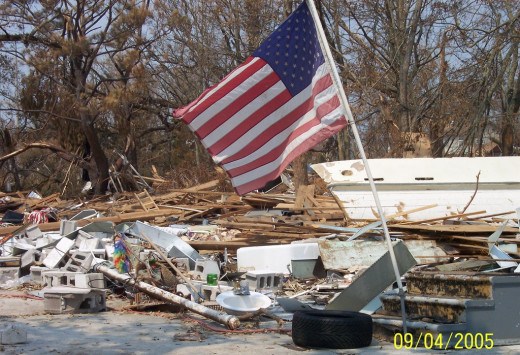
Survivalism For Every Home
Let's begin by looking at why anyone would even care about survivalism and emergency preparedness. As the picture above depicts, we've had many examples of local, natural disasters where families were killed and injured, caught off-guard in many cases, and where a different frame of mind could've mitigated some of those losses and certainly the degree of suffering. From massive tornadoes to lengthy power outages caused by storms, we've all be exposed to the consequences that natural disasters can have on people.
There are also other types of disasters that can occur and that no reasonable person can dismiss. Examples like Chernobyl and the recent nuclear disaster in Japan make the point. How about the mounting concern from the medical field about an ever-increasing threat of super viruses and drug-resistant bacterial strains? How about something as unexpected (by most people) as a very real financial collapse and the subsequent devaluation of currency and nearly diminishing food and power supplies?
As you can see, there are some truly real reasons why governments across the globe aggressively promote the idea that every home have an emergency essentials kit and take their own preparedness and survival more serious. You don't have to be a doomsday prepper to understand that a 7 day power outage in December can have dire consequences, or that a viral outbreak which forces the government to quarantine specific areas can be life changing.
Because of these reasons, and of course many more, lots of people are now talking about survivalism in a new light and starting to realize that they, too, can take some very simple steps to ensure the safety of their family. Now let's talk about what you can do.
Jamie Lee Curtis: Preparing Your Family for Natural Disasters
Please Share With Us
Have you taken any steps at all to provide even a basic emergency survival kit in your home?
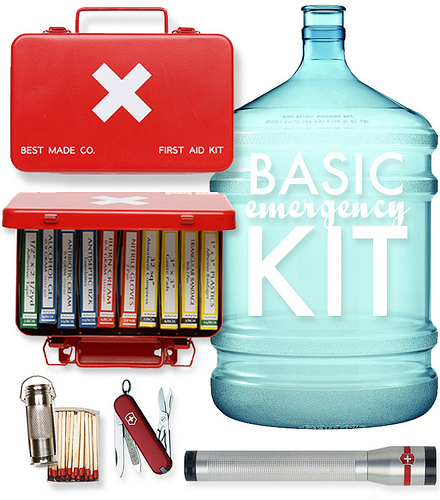
Emergency Preparedness Made Easy
So now that we've talked about the idea of survivalism let us look at emergency essentials and what you can do to provide your own family with a greater level of protection and increase your chances of surviving a disaster, and at the very least providing for a more comfortable experience.
As I mentioned already, many government agencies are involved in one form or another in promoting emergency preparedness for families. This article at the Centers For Disease Control (CDC) titled "Emergency Preparedness and Response" is a great place to start and is an example of what I mean... basic emergency preparedness for families is essentially no different than what preppers do, its just that preppers ask "what if the disaster lasts longer than a few days."
But for now, for most people just starting out, think about the very basics of life. Consider what would happen if there were no power or other utilities, no stores to buy food, and perhaps no police protection or medical care. What items would you need, under those conditions, to get by for 7 days (a great rule of thumb that most agencies recommend)?
Once you've answered that question you simply have to start acquiring and storing those items. Be sure to choose shelf stable foods that may be stored for periods of time, and keep your supplies visibly marked and rotate out perishable items as they near their expiration date. For example, peanut butter is an essential in virtually every preparedness kit I've seen. In your home simply replace the empty jar of peanut butter with the one on your kit, and place the new jar inside the kit... keeping your "supply" fresh.
But what items do I need, and how do I store them? There are countless sources you can begin with, but one I'll refer you to is this-
"Emergency Essentials And Prepping Guide"
It is the best starting point. You'll find that its a very lengthy and in-depth article that covers literally everything from basic 7 day kits for your home to all out prepping. Remember, survivalism is about your survival in whatever situation you may find yourself.
Article Recommendation
I have a new article up that I would like to also recommend if you or someone you know enjoys making friendship bracelets. If you have children then you'll know how popular these are and so we took some time and posted this lens about friendship bracelet patterns.

